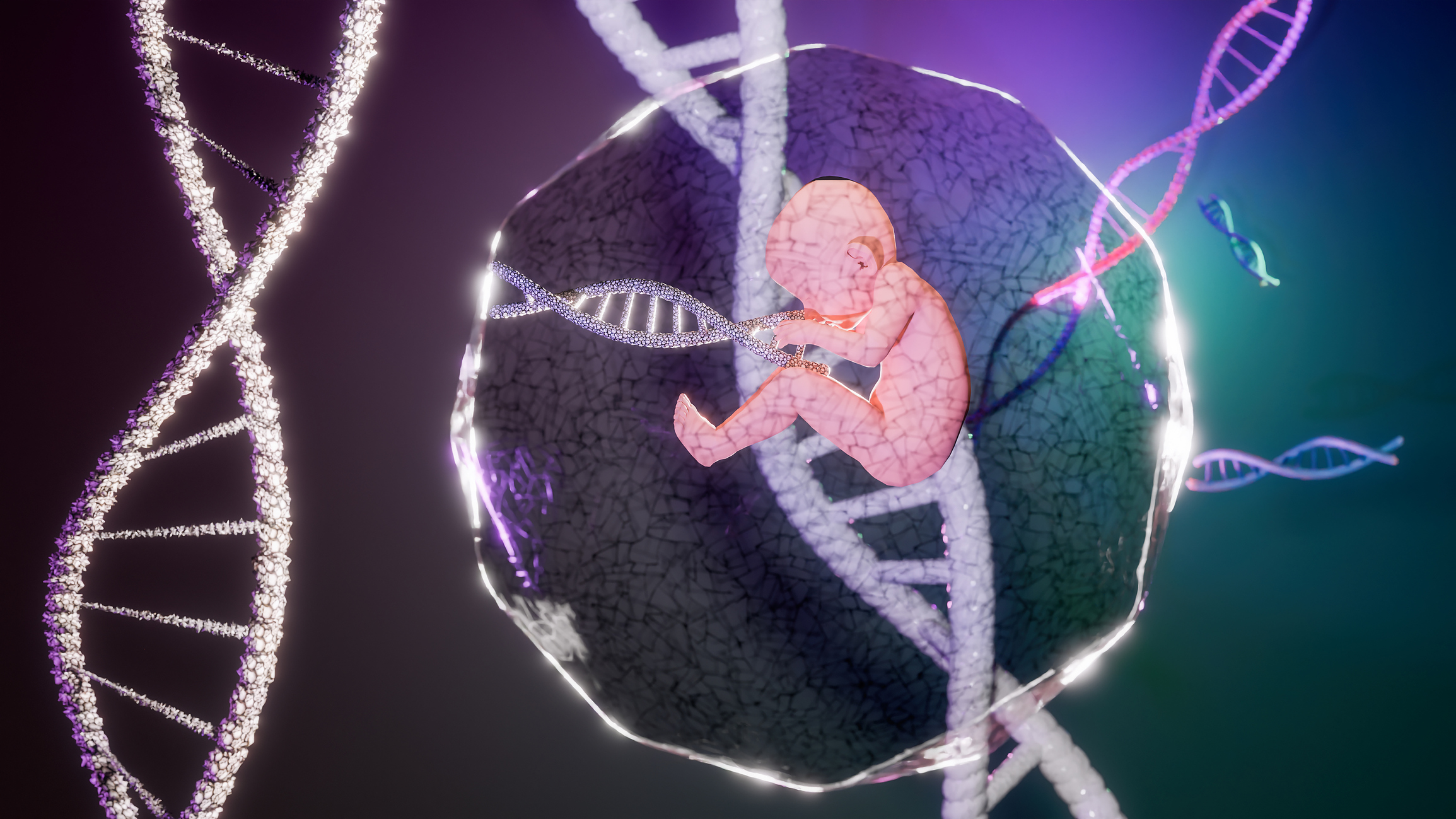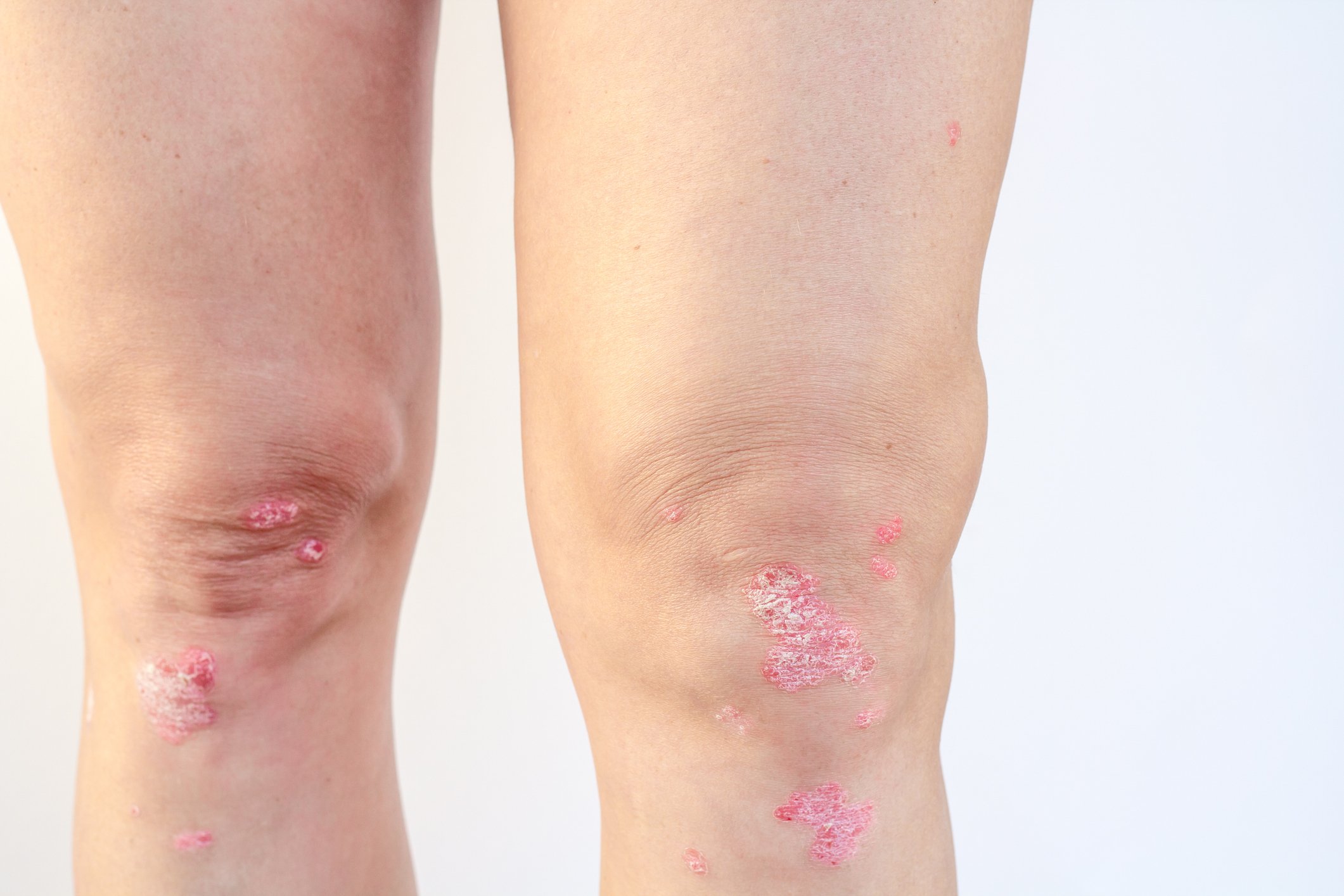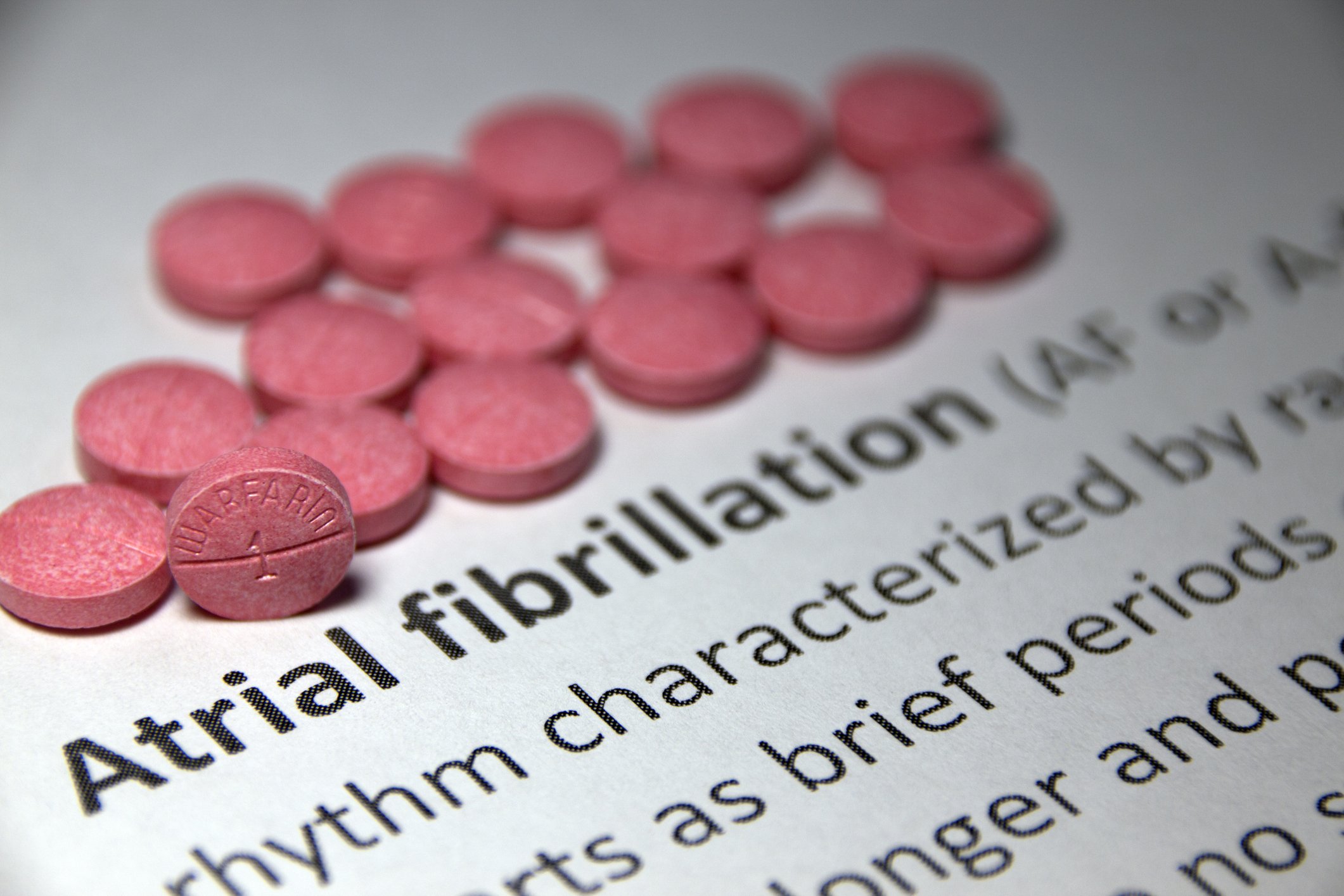Despite considerable progress in cardiovascular medicine and intensive care, cardiogenic shock remains one of the most serious complications of acute heart disease. This life-threatening condition is characterized by inadequate organ perfusion due to insufficient cardiac output.
(red) Despite improvements in care, particularly for patients with acute myocardial infarction (AMI), the mortality rate is still around 40-50%. This underlines the urgent need to develop new therapeutic concepts and optimize existing approaches in order to sustainably improve both the survival rate and the quality of life of those affected.
Definition and subtypes
The definition of cardiogenic shock has been refined in recent years, particularly through the work of the Shock Academic Research Consortium (SHARC), which has formulated criteria for a standardized diagnosis. Important features are a systolic blood pressure of less than 90 mmHg for at least 30 minutes, the need for vasopressors or mechanical support systems and clinical and laboratory evidence of systemic hypoperfusion. Of particular importance is the classification of the disease into subtypes, which differ according to the main cause (e.g. AMI, heart failure or mechanical complications) and the predominant hemodynamic dysfunction (left ventricular, right ventricular or biventricular). This differentiated approach enables more individualized therapy and better prognosis assessment. The classification of the Society for Cardiovascular Angiography and Interventions (SCAI), updated in 2022, also offers a stage-based classification ranging from A (at risk) to E (extreme condition). This has not only improved clinical communication, but also laid the foundation for risk stratification and the planning of therapeutic measures.
Etiology and epidemiology
The causes of cardiogenic shock are diverse and are changing with advances in the treatment of acute myocardial infarction. While the proportion of infarct-related shock is decreasing, other causes are gaining in importance, including acute and chronic heart failure, post-cardiotomy complications and massive pulmonary embolism. Rarer causes such as peripartum cardiomyopathies, inflammatory myocardial diseases and severe valvulopathies are also coming more into focus. Rapid identification of the underlying cause is particularly critical, as it has a decisive influence on the choice of therapy.
Pathophysiology
At the heart of cardiogenic shock is the inability of the heart to maintain a sufficient stroke volume despite adequate preload. This leads to hypoperfusion of vital organs and triggers a cascade of compensatory mechanisms that can, however, worsen the hemodynamic situation. Activation of the sympathetic nervous system and the renin-angiotensin-aldosterone system leads to vasoconstriction and fluid retention, which increase cardiac preload and afterload. At the same time, systemic inflammatory responses exacerbate microcirculatory dysfunction and promote organ dysfunction. Without timely intervention, multi-organ failure develops, significantly worsening the prognosis.
Diagnosis and risk stratification
The diagnosis of cardiogenic shock is based on clinical, laboratory and imaging findings. Elevated lactate levels, impaired kidney and liver function and echocardiography findings showing reduced pump function are crucial. Models such as the CardShock score or the SHOCK score are used for risk stratification, which allow an initial prognosis to be estimated. In the future, machine learning and artificial intelligence could enable more precise subtyping in order to tailor treatment strategies even better to the individual needs of patients.
Therapy approaches
Pharmacotherapy: Pharmacotherapy remains a central component of the treatment of cardiogenic shock. Vasopressors such as norepinephrine are the first choice to stabilize blood pressure, while inotropics such as dobutamine are used to improve the contractility of the heart. New substances such as levosimendan or experimental approaches with ketone bodies could offer additional options in the future. Despite progress, many questions remain unanswered, particularly regarding the optimal combination and dosage of these drugs.
Interventional and mechanical therapy: Interventional therapy, in particular early revascularization in infarct-related shock, has been a cornerstone of treatment since the SHOCK trial. The CULPRIT-SHOCK trial showed that an infarct vessel-centered strategy with delayed complete revascularization is superior to immediate multivessel intervention. Mechanical support systems such as VA-ECMO and Impella have established themselves as important adjuncts in advanced shock patients. However, their efficacy is limited by the risk of complications such as bleeding and vascular injury, and randomized trials demonstrating long-term benefit are lacking.
Management of the organ function
An essential aspect of therapy is the treatment of associated complications such as acute renal failure, hypoxic hepatitis and respiratory insufficiency. Positive pressure ventilation can be helpful in pulmonary congestion, but requires careful management to avoid compromising right ventricular function. Renal replacement therapy is often required in acute renal failure, while specific strategies to prevent hypoxia and organ failure need to be further developed.
Long-term management and psychosocial aspects
Survivors of cardiogenic shock often struggle with significant long-term consequences, including physical limitations, mental illness and an increased rate of rehospitalization. Multidisciplinary aftercare programs that combine rehabilitation, psychological care and medical optimization are crucial for a long-term improvement in quality of life. Economically, cardiogenic shock represents a significant burden, particularly due to the high cost of mechanical support systems and intensive care.
Future prospects
Future research is increasingly focusing on the development of personalized therapies. Advances in molecular diagnostics, biomarker-based subtyping and artificial intelligence could revolutionize treatment. Regional shock networks and standardized care protocols could also increase the efficiency and quality of patient care. In the long term, it will be crucial to develop new pharmacological and mechanical approaches that not only improve the survival rate but also the quality of life in the long term.
Source:
- Lüsebrink E, Binzenhöfer L, Adamo M, et al: Cardiogenic shock. Lancet 2024 Nov 16; 404(10466): 2006-2020. doi: 10.1016/S0140-6736(24)01818-X. PMID: 39550175.
CARDIOVASC 2024; 23(4): 30-31












